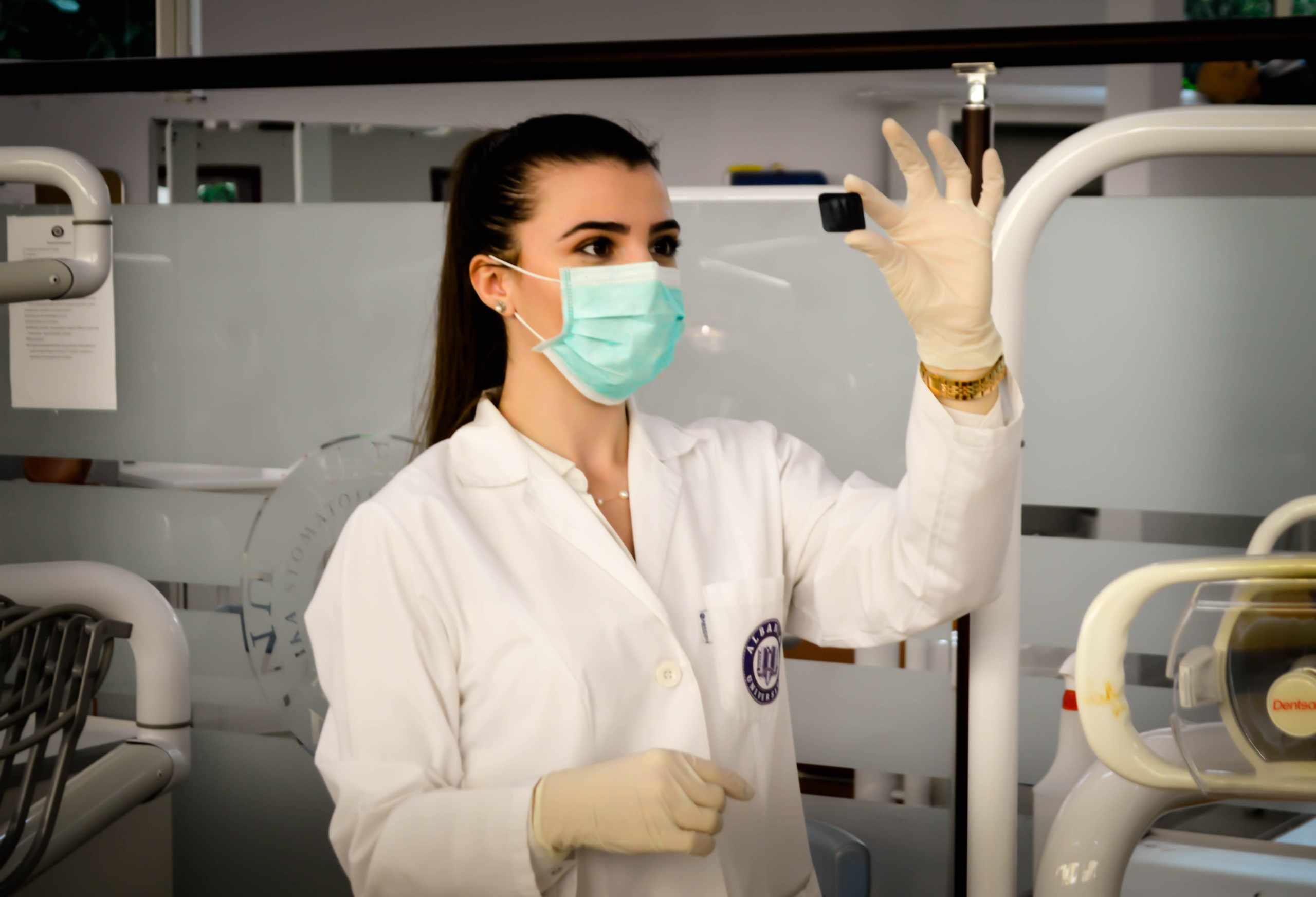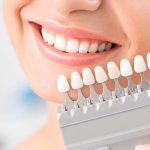Do you dread a dentist’s visit? You are not alone; dental anxiety is quite common, branching mainly from experiences from an early age. The lighting, the dentist poking in your mouth with those metallic tools, and urging you to stay still, can cause unpleasant experiences. Today, this no longer has to be the situation. You can have a much more comfortable and productive experience courtesy of sedation dentistry Pearland.
Sedation dentistry, also called sleep dentistry, uses prescription medication before or during dental procedures. The sedative keeps you relaxed during the treatment and can be employed in demanding instances like tooth extractions or cosmetic procedures. Since you will be under medication, you won’t feel anxious, which allows the dentist to work faster and more efficiently. Among the benefits the approach offers that can supercharge your family’s oral health includes the following:
The stillness
Is your gag reflex highly sensitive, making it harder even for the dentist to undertake routine checks? Is your child hyperactive, such as caused by attention-deficit/hyperactivity disorder (ADHD)? Difficulty remaining still during the procedures significantly impacts productivity. You may need multiple appointments for a procedure that could be effectively managed within a single visit. Sedation dentistry facilitates the stillness needed for efficient treatments. This saves you time and money, making family dental care more manageable.
The fear
Dental anxiety is a major roadblock for many and could be the only thing standing between your family and effective dental care. Maintaining a health routine, such as annual checkups and cleaning, could be a nightmare due to fear. This can be eliminated by sedation dentistry since you don’t have to be conscious during the treatments. Fighting dental anxiety and sticking to a healthy routine can help keep problems like plaque buildup and infections at bay, a notable benefit sedation dentistry delivers.
The pain
Besides the fear, you might also be concerned about pain and other discomforts. This is because some dental procedures can be overwhelming. This is more so if you have low pain tolerance or have sensitive teeth. Following your situation, the dentist can recommend the following:
- Mild sedation: This is minimal sedation, usually using laughing gas (nitrous oxide). You will be conscious during the treatment. Mild sedation is ideal during procedures like examinations, cleanings, bonding, and fillings.
- Moderate sedation: This approach uses oral medicine, or intravenous (IV) means to deliver mild to moderate sedation. Oral medicine is taken some time before the procedure, typically an hour or as advised by the dentist. The dentist can also inject a sedative into your bloodstream for faster sedation.
Moderate sedation keeps you conscious but relaxed during the treatment. The dentist can also control the length and level of sedation per the procedure. While moderate, the effects may linger even after treatment. Having someone take you home is advised since it is unsafe to drive after mild sedation.
- Deep sedation: This uses general anesthesia, and you won’t be conscious during the treatment. This means no pain or fear, which is recommended when dealing with significant dental work or concerns like wisdom tooth extraction and dental implants.
Sedation dentistry continues to be a go-to for many looking to beat dental anxiety and maintain healthy oral care levels. Call TLN Family Dental today for more on sedation dentistry and how it can help your situation.








